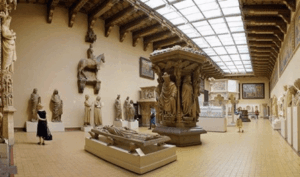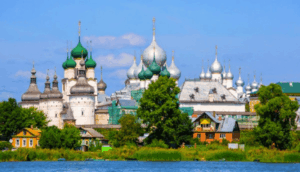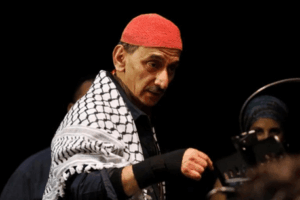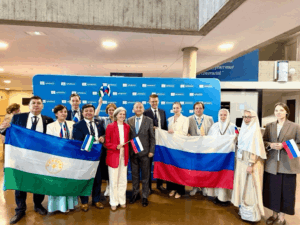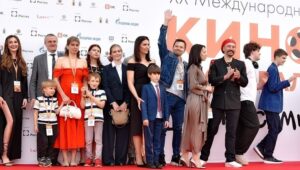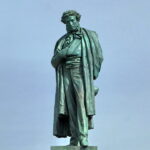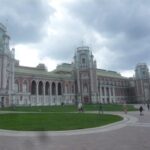Behzad Abdi's marionette opera Rumi.
On June 15 at the Et Cetera Theater under the direction of Alexander Kalyagin as part of the Chekhov International Theater Festival in Moscow was shown the marionette opera "Rumi" by composer Behzad Abdi on the libretto of the director of the puppet theater Behrouz Gharibpour.
Jalaladdin Rumi, one of the greatest Persian Sufi poets of the thirteenth century, mystic, founder of the Mevlevi order of dervishes, has been a voice of unity and spiritual harmony for eight centuries. His poetry, philosophy of love, unity and spiritual quest have had a tremendous impact on world culture and remain relevant centuries later. Iranian theater, by turning to his legacy, becomes a cultural ambassador, showing the world the richness of its tradition and its universality.
The unusual format is an exquisite and metaphorical way to convey Rumi's spiritual and poetic legacy. The puppets embody mystical images, the symbolism of Sufi poetry and the depth of his ideas in a visually expressive, sometimes parable-like form. This avoids literalism and creates an atmosphere in tune with his work.
The performance combines traditional oriental rhythms with modern choreography. Meditative ritual of dervishes, music, singing - everything takes the audience into a world where love is the supreme force that creates harmony, and the performance, synthesizing word, movement and sound, makes Rumi's philosophy alive and emotionally close.
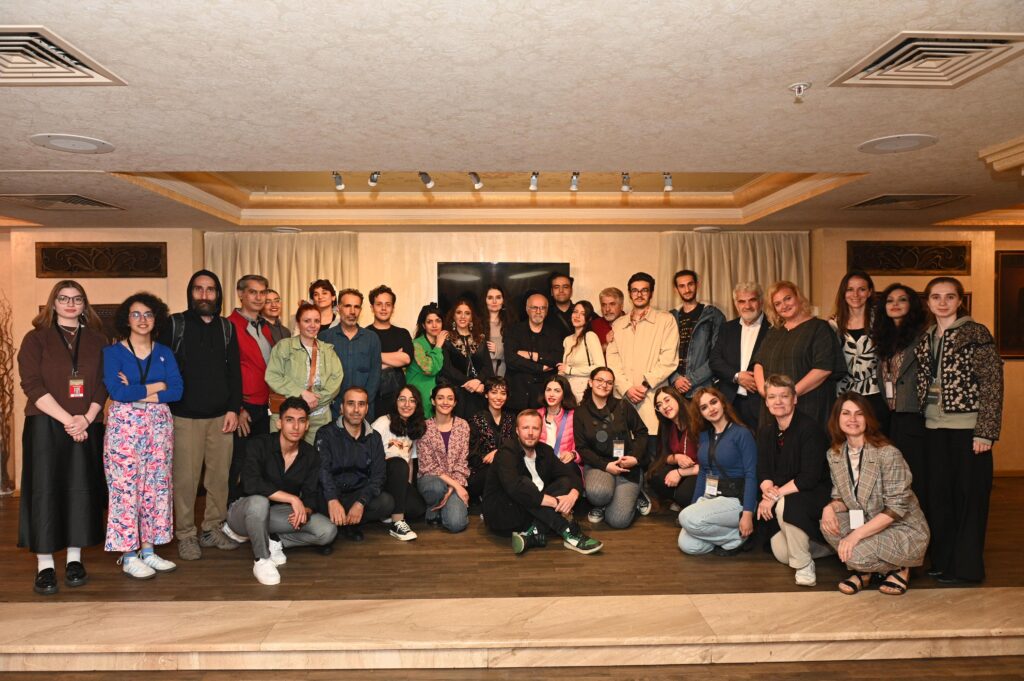
The participation of the Iranian theater in the Chekhov International Theater Festival in Moscow with the play "Rumi" is a great example of how art, and especially theater, becomes a bridge between cultures, embodying eternal universal values. The Iranian theater in Moscow is a symbolic event, and it reminds us of the power of art to speak about love and peace in a language that everyone can understand. This is especially important now, in an era of global tensions: art reminds us of that, that may be more important than political differences.
"All Russia."

